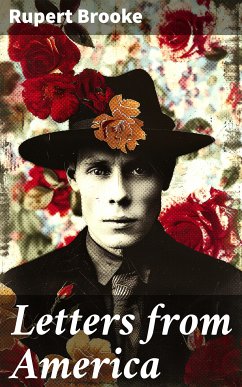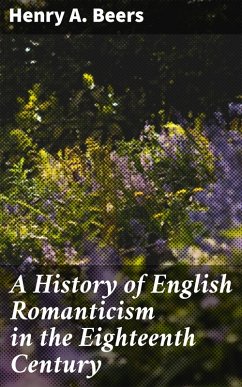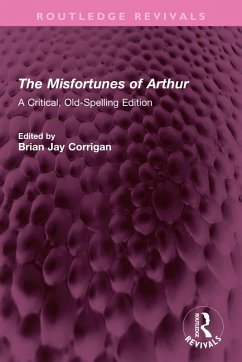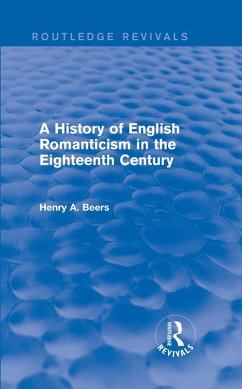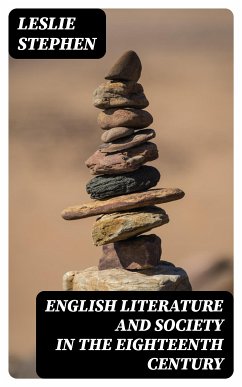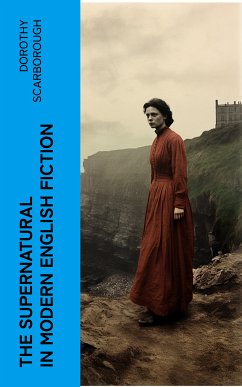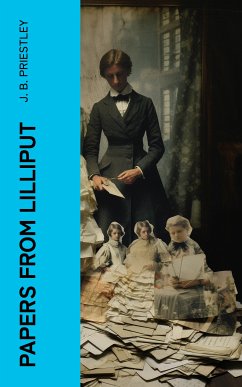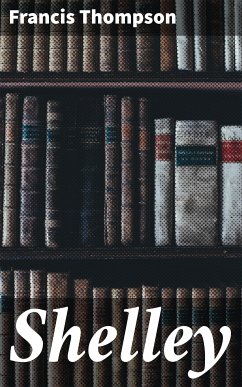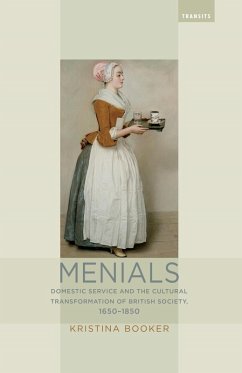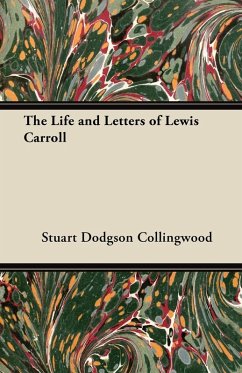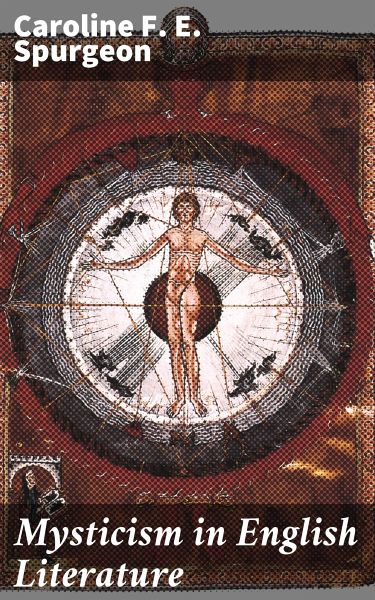
Mysticism in English Literature (eBook, ePUB)
Exploring Mystical Themes in English Literary Works
Versandkostenfrei!
Sofort per Download lieferbar
0,49 €
inkl. MwSt.
Weitere Ausgaben:

PAYBACK Punkte
0 °P sammeln!
In "Mysticism in English Literature," Caroline F. E. Spurgeon meticulously explores the intricate relationship between mysticism and literary expression in the English canon. This scholarly work delves into the writings of notable figures, including John Donne, George Herbert, and William Blake, revealing how their mystical experiences shaped their poetic forms and thematic explorations. Spurgeon employs a rigorous analytical style, weaving together literary criticism, historical context, and philosophical inquiries, which situate her study within the broader discourse of literary mysticism an...
In "Mysticism in English Literature," Caroline F. E. Spurgeon meticulously explores the intricate relationship between mysticism and literary expression in the English canon. This scholarly work delves into the writings of notable figures, including John Donne, George Herbert, and William Blake, revealing how their mystical experiences shaped their poetic forms and thematic explorations. Spurgeon employs a rigorous analytical style, weaving together literary criticism, historical context, and philosophical inquiries, which situate her study within the broader discourse of literary mysticism and spirituality. The book serves as both an insightful literary analysis and a profound examination of the transcendent themes that permeate English literature. Caroline F. E. Spurgeon was a pioneering scholar and one of the first women to receive recognition in the field of literary criticism during the early 20th century. Her extensive background in literature, combined with her deep interest in mysticism and its role in artistic expression, led her to undertake this significant exploration. Spurgeon'Äôs academic career and her commitment to uncovering the spiritual dimensions of literature reflect her belief in the transformative power of divine experience in the creative process. This volume is essential reading for scholars, students, and enthusiasts of English literature who seek to understand the profound spiritual undercurrents that influence literary works. Spurgeon's rigorous scholarship, coupled with her passionate advocacy for the mystical experience, makes this book not only a landmark in literary criticism but also a compelling invitation for readers to engage with the deeper meanings of literary texts.
Dieser Download kann aus rechtlichen Gründen nur mit Rechnungsadresse in A, B, BG, CY, CZ, D, DK, EW, FIN, F, GR, H, IRL, I, LT, L, LR, M, NL, PL, P, R, S, SLO, SK ausgeliefert werden.




